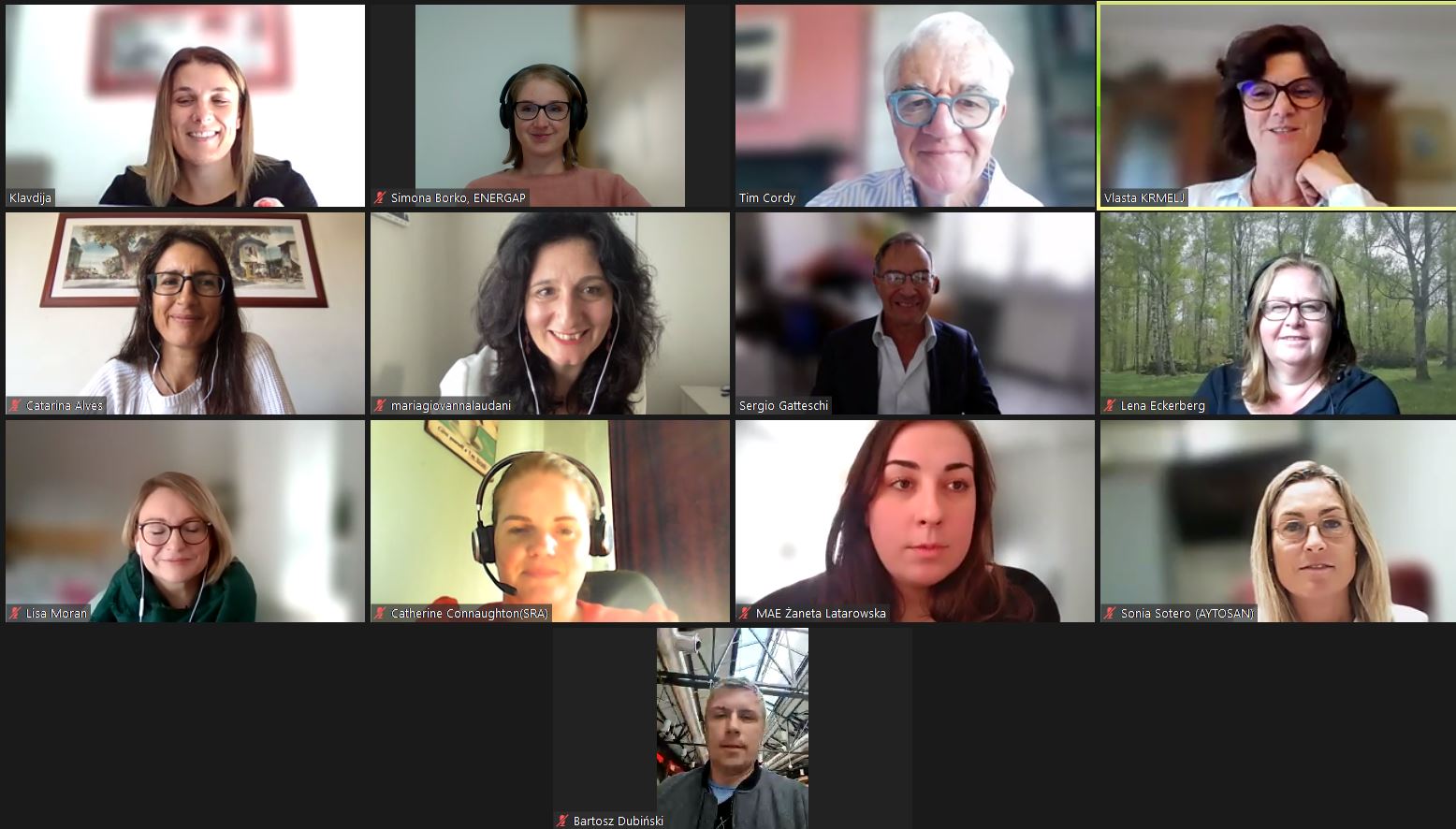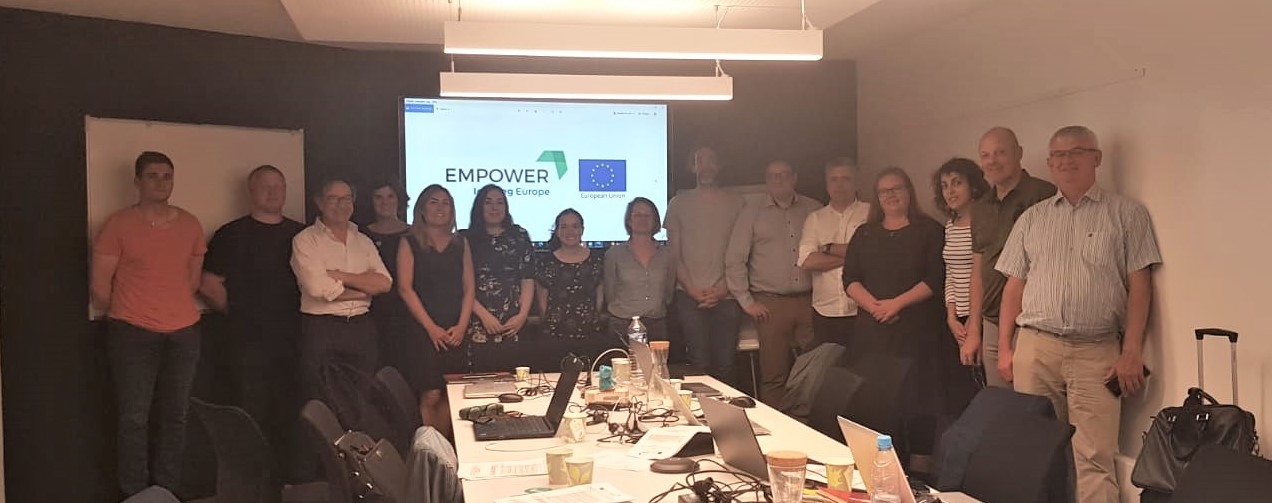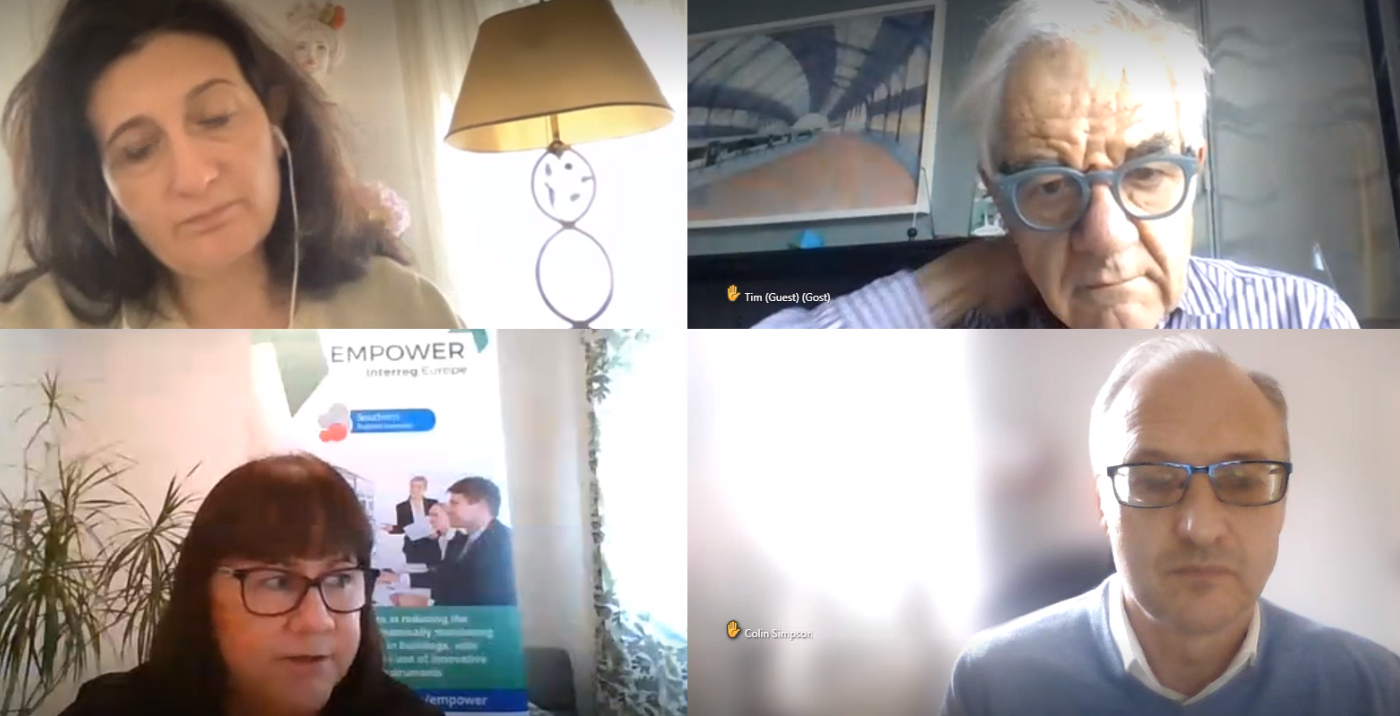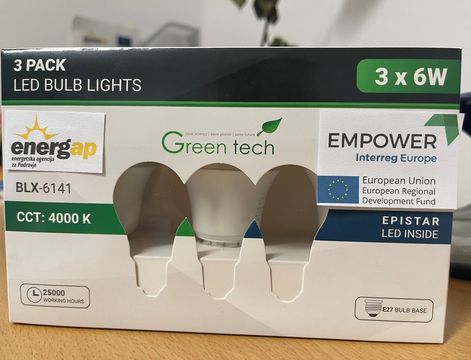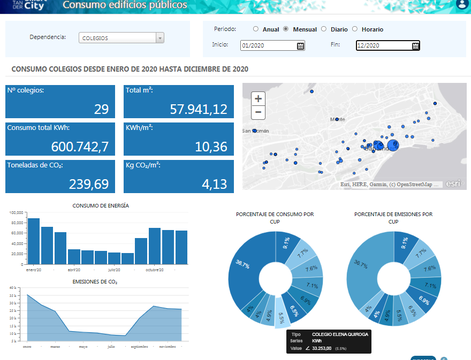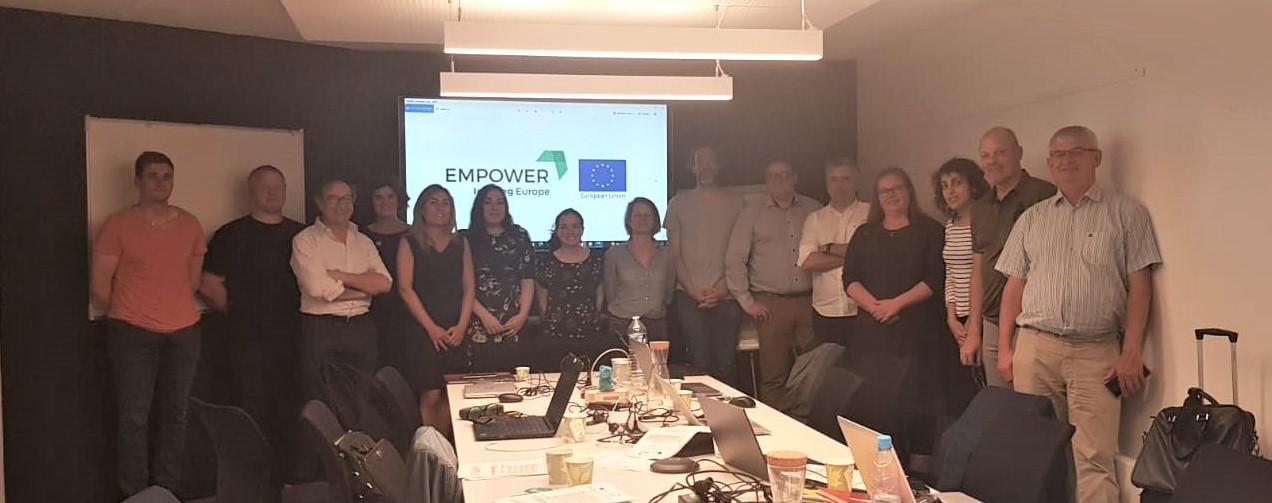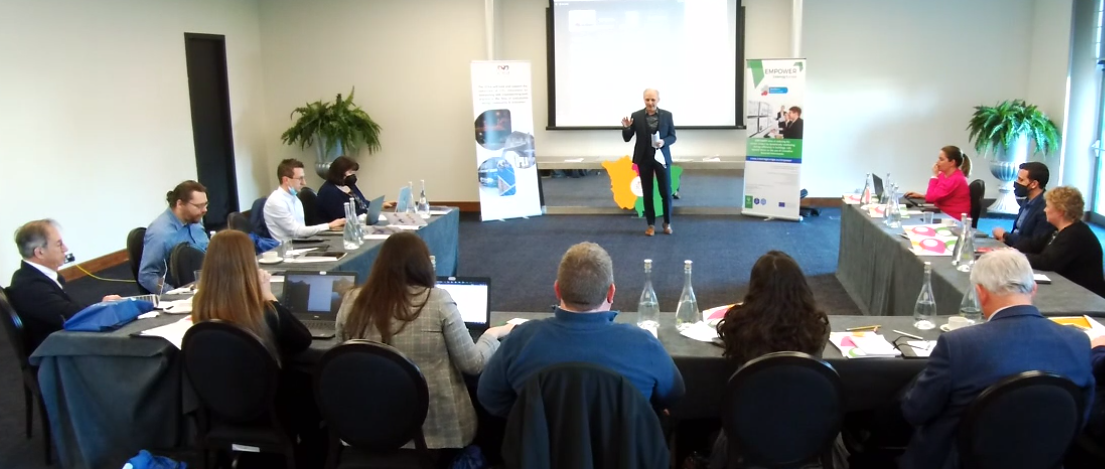The Southern Regional Assembly had their EMPOWER project Regional Action Plan validated by the Interreg Europe Union Technical Secretariat in December 2019. Since then they have been working hard to progress the implementation of our Regional Action Plan. This Regional Action Plan is concentrated on the Social Housing Sector in Ireland as follows:
- Investigate if it is possible to monetise energy savings following the deep retrofit of social housing units.
- Identify, using energy monitoring equipment the actual energy savings created by the retrofitting of social housing units.
- Establish the wider benefits of our retrofitting programme within the social housing sector.
As part of the EMPOWER project they commissioned 3CEA to undertake a feasibility study of their proposed financial instrument model to monetise energy savings in social housing units in Ireland which was completed in December 2019. This study unfortunately concluded that the financial model will not work in is current configuration. It concluded that the model was too complex with too many stakeholders, the scale of funding required at a support rate of 80% is not realistic and the return on investment would not be attractive for Banks or ESCO’s. However, it has opened up the conversation on financial instruments for the social housing sector in Ireland and created a platform for further discussion.

In February 2020, the Southern Regional Assembly and Cork City Council met with the social housing residents of Noonan Road, Cork to outline to them their plan to install energy monitoring equipment in social housing units in advance of undertaking a deep retrofit of these units. They presented their plan to assess the energy usage in these units before and after the deep retrofit to identify the deep retrofit features that have created the most benefits to reducing energy consumption and energy costs.
These measurements will also allow Local Authorities to test the actual energy savings before and after the deep retrofit to ensure real behaviour change is achieved. Due to COVID-19, the installation of the energy monitoring equipment was delayed and we expect that this equipment will be installed in early August 2020.
Finally, at this meeting they also requested residents to undertake a survey prior to the deep retrofit so that they could assess the comfort levels in these units before and after the deep retrofit that will assist them in identifying the wider benefits of their retrofitting programme. All residents who will have energy monitoring equipment installed in their homes have now completed this survey.


